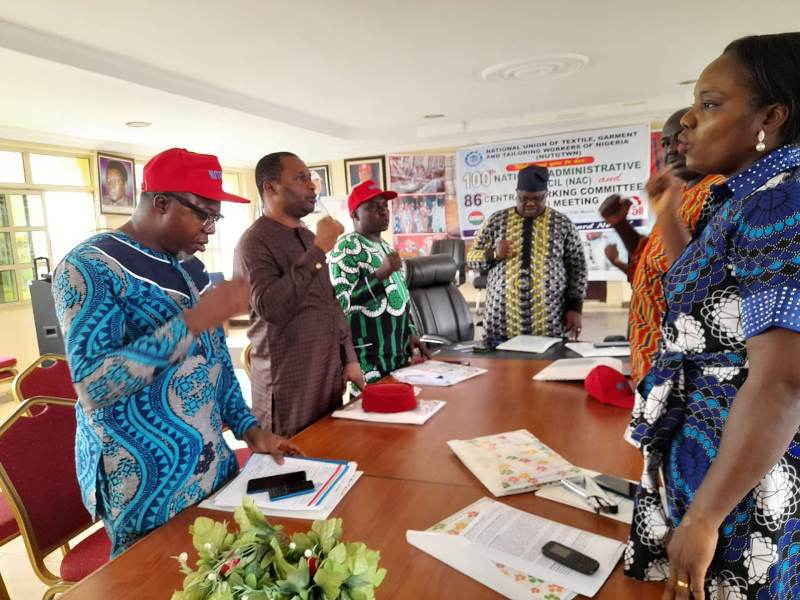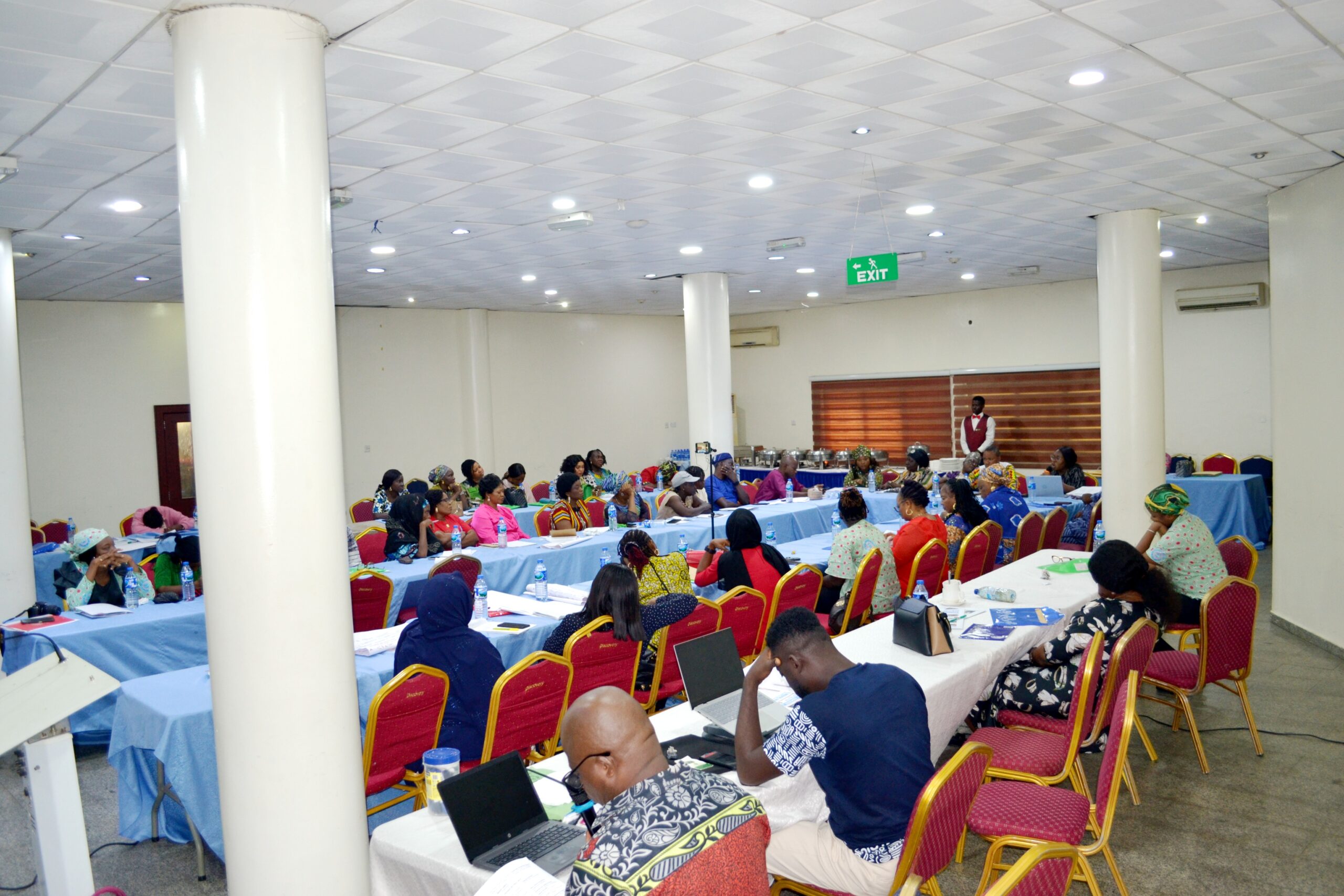WHO IS MANDELA?
Born on 18 July 1918 in the tiny village of Mvezo on the banks of the Mbashe River in the province of Transkei, South Africa. In 1942 he joined the African National Congress and for 20 years was involved in a campaign of peaceful, non-violent defiance against the South African government and its racist policies.
He was arrested in 1962 and convicted of sabotage and other charges. He served 27 years in prison, many of these in the notorious Robben Island. Following his eventual release from prison on 11 February 1990 after global campaign, Mandela led his party in the negotiations which led to the establishment of democracy in South Africa in 1994. He became the first President of post-apartheid South Africa.
WHY MANDELA DAY?
Today (July 18) is Mandela Day, an International Day, to remember Mandela’s achievements in working towards conflict resolution, democracy, human rights, peace, and reconciliation. Nelson Mandela died at 95 in December 2013.
OBJECTIVE OF MANDELA DAY
The main objective of Mandela Day is to inspire individuals and organizations to take action to help change the world for the better, and in doing so build a global movement for public good.
RELEVANCE FOR NIGERIA
PRESIDENT MUHAMMADU BUHARI MUST LEAD LIKE MANDELA
The relevance of Mandela day for Nigeria cannot be overstated. In a sense, President Muhammed Buhari is “another Mandela” of our time. Like Nelson Mandela, President Buhari brought moral authority to power. Mandela fought against apartheid for which he was imprisoned for 27 years, after which he was elected as the first democratically non-racial President of Nigeria. Similarly president Buhari won election as the 4th democratically elected President in this dispensation because he was perceived as incorruptible and seen as MaiGazkia. Since his election, President Buhari has commendably exposed and fought corruption. However there is still a lot for Buhari to meet the standard left behind by Nelson Mandela.
STATEMANSHIP
One of the remarkable legacies of Nelson Mandela was his statesmanship. His 1994 cabinet reflected both the political and partisan diversity of South Africa just coming from racially motivated conflicts. President FW de Klerk, whose political party, National Party (NP) jailed Nelson Mandela was one of the deputy presidents from 1994 until July 1996. The other was Thabo Mbeki from ANC.
The most rmarkable was the appointment of Chief Mangosuthu Buthelezi who came from the rival Ikatha political party whose record showed support for apartheid regime until it lasted. Chief Mangosuthu Buthelezi was made the interior minister. Buthelezi actually served as Minister of Home Affairs for two terms. In 1998 when President Nelson Mandela was in Washington to receive a Congressional Order Buthelezi served as Acting President. This was the man who opposed anti-apartheid sanctions just to please the apartheid regime.
Mandela looked at the bigger picture to forgive even if not forgetting the atrocities of the past. Nelson Mandela has shown that there is “No Future Without Forgiveness”. Buhari must demonstrate the same statesmanship in his political appointments and allocation of the National resources? He must promote all-inclusive governance.
MANAGING DIVERSITY
South Africa just like Nigeria is a diverse country. It was commendable the way Nelson Mandela gave practical effects to the spirit and content of the South African non-racial and non-sexist constitution. In his famous speech at the 1964 Rivonia Trial which sentenced him and others to life imprisonment for daring to overthrow the hated apartheid he declared that; “I have fought against white domination, and I have fought against black domination. I have cherished the ideal of a democratic and free society in which all persons live together in harmony and with equal opportunities.”
According to Mandela the struggle against oppression, he would fight against white oppression is not divisible: white or black. Interestingly President Muhammed Buhari also said something to this effect at his inaugural speech last year when he said “I belong to everybody and I belong to nobody”. Labour commends him so far about the courage he has brought to the table to expose corruption in the security sector with the recent approval of the investigation of “Generals” of easy fortune who diverted monies meant for arms procurement. Through Buhari’s efforts we now know that a Governor can be richer than a state that cannot pay salaries. However its time President Buhari worked his commendable talk fully. The recent controversy over the Chief of Army Staff, General Buratai should be addressed in the spirit of transparency, justice and fairness.
CONFLICT RESOLUTION
President Buhari just like Nelson Mandela inherits a lot of conflicts of diverse society. It is commendable that Buhari has contained the insurgency in the north east and tamed the menace of Boko haram. However there are still serial conflicts that are claiming hundreds of lives such as the so-called farmers/heard men clashes, the militants in the Niger Delta.
I think Buhari can learn from Mandela approach to conflict resolutions. In most instances, he personally intervened and even addressed the nation to douse tensions and restive confidence. I recall his role in saving South Africa democracy when Chris Hani, the leader of the South African Communist Party and chief of staff of Umkhonto we Sizwe, the armed wing of the African National Congress (ANC) was assassinated on 10 April. His criminal assassination fueled tensions and violence. Promptly Nelson Mandela addressed the nation appealing for calm, in a speech regarded as ‘presidential’ and statesmanlike. Buhari should emulate Mandela and address the nation on series of avoidable violence rampaging the nation in recent times. The interior minister must also be seen to promptly intervene in the scenes of criminality. The recent attempt to politicize the killing of a poor woman preacher in Abuja would have been avoided if promptly those paid to prevent and apprehend crimes had acted.
I commend the recent decision of Buhari to unravel what led to the deaths of the former Anthony General of the federation, Bola Ige and Dikkibo. However this should not be another exercise in vain. Justice must be made to the victims of unresolved killing.
RECONCILIATION
Mandela stood for reconciliation. President Buhari is in a better position to also reconcile Nigeria. But he can only do this based on comprehensive work plan for genuine National reconciliation. The only document close to that today is 2014 National conference. But reconciliation is not just to be done by government but by civil society that include labour movement. Nelson Mandala would be disappointed to know the state of the two biggest trade union centres in Africa, Congress of South Africa Trade Union (COSATU) and Nigeria Labour Congress (NLC). Factionalisation is killing the labour movements.
We hereby use the occasion of this year’s Mandela Day to once again call for the unity of the Nigeria Labour Congress (NLC). To this extent our union calls on NLC leaders at all levels to immediately implement the report of the NLC Reconciliation Committee under the Chairmanship of Alhaji Hassan Sunmonu aimed at resolving the avoidable crisis arising from 11th Delegates Conference last year. Its time we closed ranks to ensure we have a labour movement that “commands the confidence of workers, be trusted by the public, respected by the government and employers.” We need a united NLC to fight the issue of unpaid salaries, the struggle for improved minimum wage, the war against corruption, revival of industries and creation of mass decent employment among others.
DEMOCRACY
Mandela stood for Democracy. His quotable quote; “Democracy is based on the majority principle. This is especially true in a country such as ours where the vast majority have been systematically denied their rights. At the same time, democracy also requires that the rights of political and other minorities be safeguarded.”
To this extent we use the occasion of 2016 Nelson Mandela Day to join the rest of the world to condemn the coup attempt in Turkey. We commend the citizens of Turkey for the abiding faith in democracy by rejecting the coup. No short walk to democracy is one lesson Madiba thought Africans.









